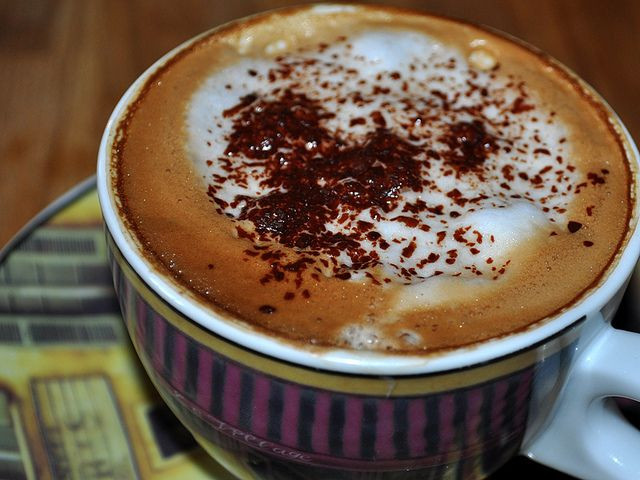Coffee Wake Up Call: Caffeine Mimics Brain Compound To Boost Neural Activity For Adrenaline Release

Every morning, most of us reach for our cup of coffee, tea, or some other form of caffeine for an energy boost. It’s habitually consumed by up to 90 percent of people in the U.S., making it the country’s most popular drug. But little is known about how it wakes us up. In BrainStuff - HowStuffWorks latest video, host Lauren explains that caffeine acts like adenosine, a brain compound that speeds up brain activity and releases adrenaline for an energy boost.
Every cell in the body breaks down the chemical adenosine triphosphate (ATP) to get the energy it needs to contract muscles, transmit electrical signals in the brain, and build new cells. Adenosine is a byproduct of this breakdown. In the brain, adenosine is known to cause drowsiness when it binds to specialized neuroreceptors, and consequently slows down the activity of particular neurons. These neurons are located in parts of the basal forebrain, which controls whether we're awake or asleep. Adenosine causes the neurons to fire less often, which leads to drowsiness.
This all changes when we consume caffeine. Similar to adenosine, the drug fits into the same receptors of the brain. So, when we drink coffee, less adenosine reaches these receptors, resulting in the overactivity of neurons. This extra brain activity, monitored by the hypothalamus, is what leads to caffeine's physical effects.
The hypothalamus signals to the pituitary gland and the sympathetic nervous system that there's an emergency, which in turn signals a need for epinephrine, or adrenaline, in the adrenal medulla. Once the body experiences this adrenaline boost, the pupils will most likely dilate, the airways will open up, the heart will beat faster, and blood pressure will begin to rise.
Remember, the half-life of caffeine in the body is about six hours, which means drinking a cup of coffee containing about 200 milligrams (mg) of caffeine at 3 p.m. will leave the body with about 100 mg by 9 p.m., and about 50 mg by 3 a.m. This could lead to trouble sleeping. A rule of thumb: drink less than 300 mg per day, or about two cups of coffee, for an energy boost during the day and a good night’s sleep.
Published by Medicaldaily.com



























